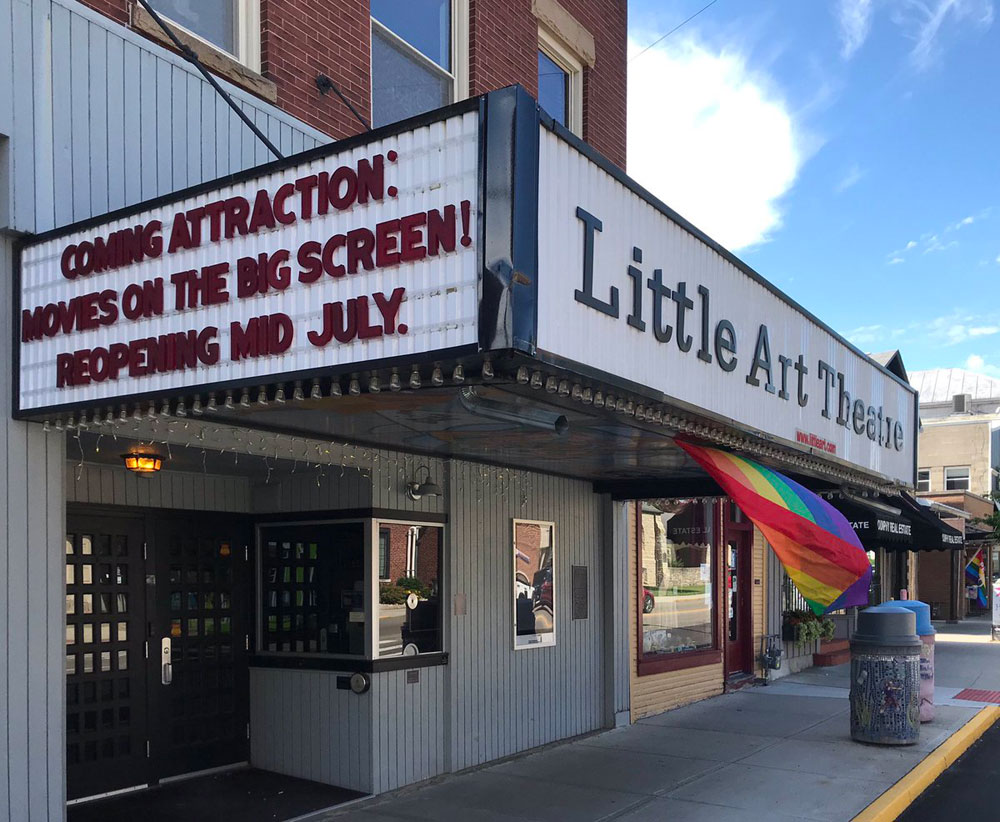
September 26, 2020; The Gazette (Colorado Springs, Colorado)
As nonprofit organizations around the country adjust to what they know, suspect, or can project about the uncertain prospects they and their communities face, we’re starting to see trends that indicate what might make an organization especially vulnerable to loss in this chaotic time.
Take the Alzheimer’s Family Organization (AFO) in Spring Hill, Florida, 50 miles north of Tampa, for example. A report in the Laker/Lutz News on September 22 of this year describes how the organization is struggling and may have to close its doors. The organization supports caregivers and family members of people suffering from dementia. They provide the service for free.
On the website is a letter from Kathleen Winters, the executive director, in which she makes a plea for donations. Apparently, the organization may have to close its doors as soon as the end of the year. Winters’ letter blames their financial crisis on an inability to raise funds during the pandemic. A quick look at their Form 990 reports of the past few years suggests that they are indeed heavily reliant upon special events. In 2018, for example, special events accounted for 53 percent of revenue. Another line-item on the IRS Form 990 for AFO signals another issue, though, which is that contributed income has been on a steady decline between 2015 and 2018, and the AFO has been operating at a significant loss of more than $100,000 each of those years. In 2015, donations shrank from $87,000 to $47,000. The deficit grew from $114,000 in 2015 to $195,000 in 2018. In the past, we’ve referred to this as a “pre-existing condition.”
An article in the Gazette on September 26 describes the closure of a YMCA branch in Colorado Springs. The Garden Ranch Y had been shuttered temporarily in March at the start of the pandemic; now that’s been made permanent. The reason is that the facility is a burden on the rest of the YMCA network there. However, the article also suggests that the branch was in trouble before the pandemic, with membership at less than a third of the required levels, and a facility that would require as much as $12 million in renovations.
Sign up for our free newsletters
Subscribe to NPQ's newsletters to have our top stories delivered directly to your inbox.
By signing up, you agree to our privacy policy and terms of use, and to receive messages from NPQ and our partners.
The Little Art Theatre in Yellow Springs, Ohio, is also closing its doors—in this case temporarily—after having tried to reopen in July. A press release from the small, independent movie theater’s board, as quoted in the Yellow Springs News of September 23, suggests that there simply were not enough audience members coming to the shows to justify staying open. The board argues that staying open now would mean burning through whatever reserves they have, and instead they plan to reopen sometime in 2021.
One final case. In Charlottesville, Virginia, a bakery is closing. BreadWorks was a program of WorkSource Enterprises and provided training and jobs to people with disabilities. According to a September 14 report in the Daily Progress, the bakery opened in 1994 and had grown with the help of a robust business catering to business and government meetings. That amounted to about 40 percent of the revenue for the organization. So, when the state shut down all but essential businesses, the catering revenue crashed, and the bakery became unsustainable.
There’s no single reason why these organizations have come to this point. Some had pre-existing conditions involving declining membership or donations, which made them somewhat vulnerable, but others were hit by this pandemic’s particular effects, like the bakery and the theater. And, while the theater found a way to make its closure merely temporary, at least for now, the bakery did not.
Earlier in September, Ruth McCambridge wrote in NPQ, “Nonprofits desperately trying to survive intact against the forces of change may be headed in the wrong direction.” Each of the organizations described above say the ways they had been doing business were no longer sustainable, for a variety of different reasons. So, maybe part of the call to action here is to imagine and to dream. Plan some scenarios and figure out how future circumstances might look. With this kind of generative thinking, a nonprofit can react, dream up new ways to do work, or invent something completely new. But, without a doubt, many more losses will come as some reach the end of their resources having not found a new way forward.—Rob Meiksins













